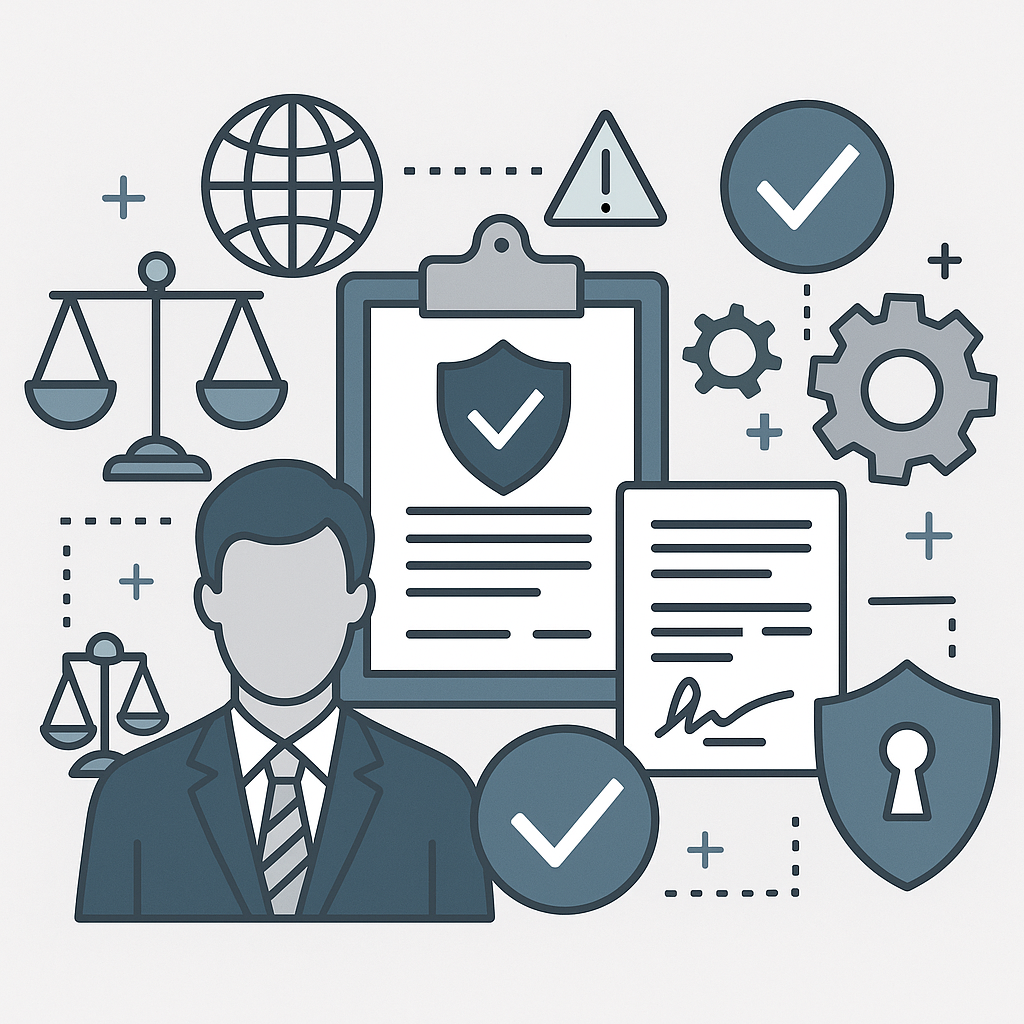The laws and regulations governing the workplace can be complex and overwhelming, making it difficult to navigate without proper knowledge and guidance. This comprehensive guide aims to provide useful legal tips for both workers and employers to help them understand their rights, comply with the law, and avoid potential legal disputes. Whether you are an employee seeking advice on protecting your rights at work or an employer looking for ways to ensure compliance with employment laws, this guide has got you covered.

Understanding Employment Laws: A Brief Overview
Employment laws are an important aspect of the workplace, governing the relationship between employers and employees. These laws protect workers’ rights and ensure fair treatment regarding wages, hours worked, discrimination, and other employment-related matters. Both workers and employers need to have a basic understanding of these laws to avoid potential legal issues. If you live in Arkansas, consider Arkansas Employment Lawyers or seeking advice from reputable employment law firms to guide you through the intricacies of these laws. Employers can also consult with experts to ensure compliance with all applicable regulations and avoid any legal disputes.
Protecting Employee Rights in the Workplace
As an employee, it is essential to understand your rights and know when they are being violated. This includes protection from discrimination based on factors such as race, gender, religion, or disability. It also involves ensuring fair treatment in terms of wages, working hours, and breaks. In any case, where you feel your rights have been violated, seek legal advice from professionals who specialize in employment law. Employers must also take proactive steps to protect their employees’ rights by implementing policies that promote a safe and inclusive work environment for all individuals.
Compliance with Employment Regulations for Employers
Employers have a legal responsibility to comply with all employment regulations and laws. This means adhering to minimum wage and overtime requirements, providing a safe and harassment-free workplace, and ensuring equal opportunities for all employees. Employers need to stay updated on any changes in these regulations to avoid potential legal disputes. Seeking guidance from employment law experts can help employers navigate through the complexities of these regulations and ensure compliance. A proactive approach towards compliance not only protects the company from legal issues but also promotes a positive work culture that benefits both the employees and the business.
Navigating Legal Disputes: Tips for Workers and Employers
Despite efforts to prevent them, legal disputes can still arise in the workplace. In such cases, both workers and employers need to handle them carefully and professionally. For workers, seeking advice from employment lawyers can help protect their rights and ensure fair treatment throughout the dispute resolution process. Employers should also consult with legal experts to understand their rights and obligations in such situations. Approach any legal dispute with a calm and respectful attitude, keeping lines of communication open and seeking mediation, when possible, to reach an amicable resolution.

Creating a Fair and Inclusive Work Environment
Creating a fair and inclusive work environment is essential for both workers and employers. For employees, it ensures equal opportunities regardless of their race, gender, religion, or disability. It also promotes a sense of belonging and value within the workplace. Employers benefit from this as well by fostering a diverse and inclusive workforce that can lead to increased productivity and innovation. To create such an environment, employers should establish clear policies against discrimination and harassment, provide diversity training for employees, and actively promote inclusivity in all aspects of the workplace. Regular evaluation and improvement of these efforts are crucial to maintaining a fair and inclusive work environment.
The Importance of Contracts and Agreements in the Workplace
Contracts and agreements outline the terms of employment, including job responsibilities, wages, benefits, and other important details. They serve as a written record of the agreed-upon terms between both parties and can help prevent any misunderstandings or disputes in the future. It is important for both workers and employers to carefully review and understand the contents of these contracts before signing them to ensure clarity and fairness. In cases where there are discrepancies or violations of the contract, seeking legal advice from professionals can help resolve the issue efficiently. Employers should also regularly review and update their contracts to comply with any changes in employment laws or regulations.
Staying Up to Date on Changing Employment Regulations
Employment laws and regulations are constantly evolving, making it crucial for both workers and employers to stay updated on any changes. This includes new legislation, court rulings, or amendments to existing laws. Staying knowledgeable about these changes can help prevent potential legal disputes and ensure compliance with all applicable regulations. Workers can stay informed by keeping up with news and updates from reputable sources or seeking guidance from employment law experts. Employers should also regularly review their policies and procedures to ensure they are in line with the current employment laws and make necessary adjustments if needed.
The Role of Communication in the Workplace
Effective communication promotes understanding, collaboration, and teamwork among employees and can help prevent conflicts or misunderstandings. Employers should encourage open and transparent communication channels within their organization, promoting a culture of respect and active listening. This also includes providing regular feedback to employees, addressing any concerns or issues promptly, and keeping lines of communication open for all levels of the company. Effective communication can also aid in preventing legal disputes by ensuring everyone is on the same page regarding policies and procedures. For workers, clear communication with colleagues and superiors can help establish expectations and avoid any potential misunderstandings that may lead to conflicts in the future.
By being aware of their rights and responsibilities, employees can protect themselves from any violations and seek legal advice when necessary. Employers must also take proactive steps to create a safe, inclusive, and compliant work environment for their employees. Regular communication, staying updated on changing regulations, and seeking guidance from legal experts are key to preventing potential disputes or conflicts in the workplace. With the help of this comprehensive guide and professional legal advice when needed, workers and employers can navigate through the complexities of employment laws successfully.



